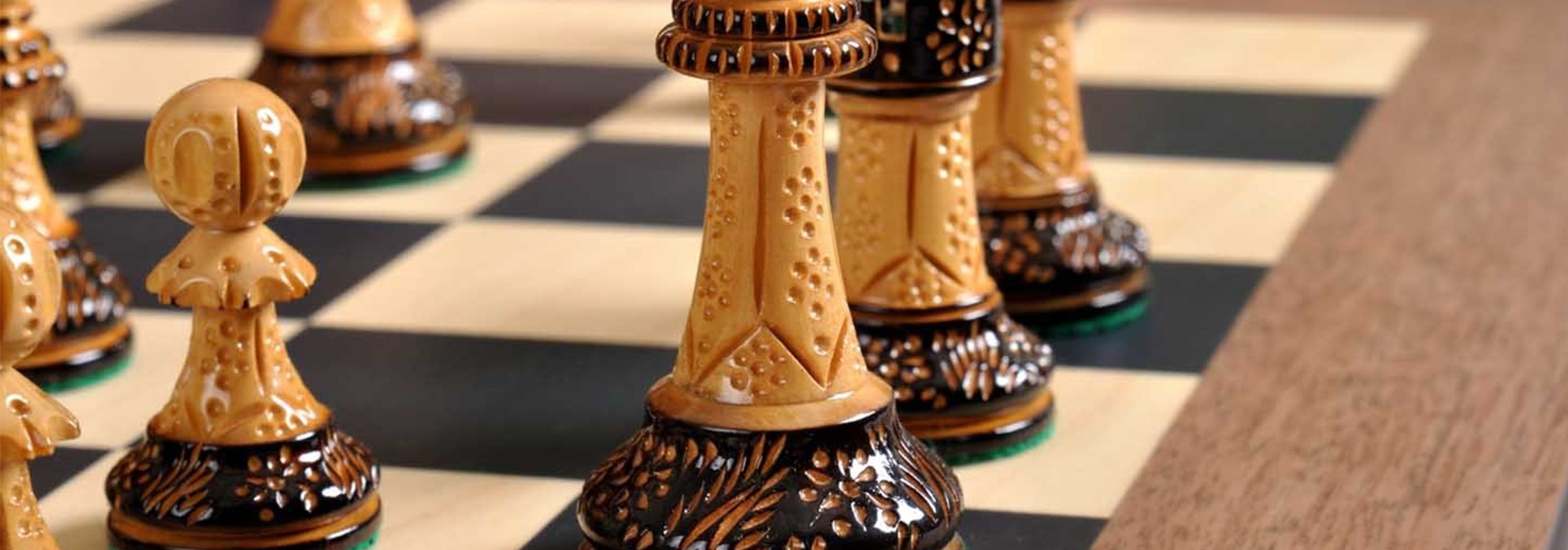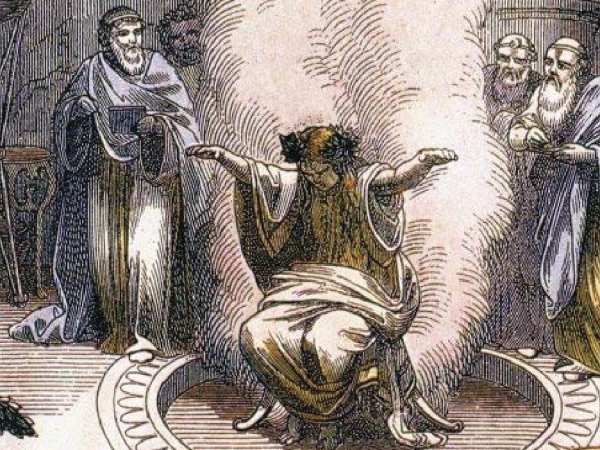Do you play chess? Do you work in marketing? These are two basic questions that I strongly recommend everyone to ask themselves before heading down into the details. Throughout human history of conflict and warfare, chess has emerged as a simple replication of war, and the art of waging war is believed to be very much implied into chess.
For the past 10 years, I have been a professional marketer and way more before that a chess player. I played chess when I was in primary and secondary schools but did not carry on this habit in adulthood until recently when I discovered a wonderful chess community at chess.com where I am now an active learning member.
As a marketer managing an agency and in charge of strategic planning team, I have spent an enormous amount of time studying the history and nature of my work – strategy, ranging from Chinese warfare of Sun Tzu, Roman warfare with Hannibal, modern warfare and of course marketing in business. The journey of wonder that raised me from a novice to an experienced strategist.
So what are the common principles between chess and marketing, and in what way can principles of chess benefit the strategic planning process of marketing? I personally believe that regardless of professions, everyone should try to play chess. Beside mental benefits which are well known such as increasing IQ, reducing memory loss or simply as a way of mental exercise, many principles of chess are quite similar to what I have done in marketing for the past 10 years. Therefore, this is basically just to share my points of view on how chess can become a source of wisdom for people who work in marketing or business, especially about strategy.
Here are five applied principles of chess that I conclude:
#1: Opening – get it right from the start
And it is ok if it is not right too!!! Unlike the common belief that chess beginners should learn chess openings, it is advisable for them to instead learn the end-games and tactics. In fact, openings are for the experts who have mastered everything and now look for better control of entire game by strategic setup. Since openings lay the strategic foundation for the entire game, it does not have much value if one does not have enough experience to foresee most of the coming moves.
In marketing practice, I believe if the company operates in familiar and well-established market, strategy is a must. If the market is new and company is operating like a startup, then the company should focus on something else, not strategy. In short, strategy is necessary only when one has mastered the art of execution and has a thorough understanding of the situation that the company is in. Otherwise, do not bother to be strategic.
#2: Mid-game: Strategy vs. Tactics
Unlike the common understanding that chess is the symbol of strategy, chess is commonly known among players to be 90% about tactics – the right sequence of several moves toward checkmates, winning materials or even more intangible value such as an advantageous position. In this case, strategy still has its own importance but only when players are at master level and they are quite proficient at tactics.
Similar to that, I believe marketing strategy is important to businesses only when they have matured enough or past the infancy stage of their growth cycle. Before it, tactics are still the key to first of all survive and then grow. In marketing practice, it is acceptable for young companies to have a certain level of disorganisation. Strategy is only necessary when they enter the growing stage and a foundation of business is well set.
#3: Mid-game: Time vs. Accuracy
There are four different formats of chess competition; they are classical, rapid, blitz and bullet chess. The classical chess game can last up to 120 minutes while the bullet one is usually finished within 3 minutes. In classical chess, strategy plays a key role after the openings for both sides. A game may comprise less than 60 moves for each side; however, 1 strategic move that set the fundamentals for the entire game can take up to 20 minutes to be thought out.
In bullet chess, things are quite different. There is one fundamental rule for all bullet chess players, “DO NOT MAKE ANY BLUNDER” and that is it! There is a tradeoff between timing and accuracy but when players have to make about 40 moves within 3 minutes, playing fast is the key to survive. For this reason, time spent on strategic thinking may result in consequential loss in bullet chess.
In marketing practice, many market opportunities come and go extremely fast in this modern business era just like bullet chess. For this reason, too much time spent on planning will result in the waste of opportunities at hand. When time is short, time-consuming strategy is not preferable.
#4: Mid-game: Coherence in Right Sequence
In chess, tactics are sequences of several moves that must be played perfectly accurate. One wrong move will ruin all effort and even further put the game at risk. However, the variations of strategies are vast and there are not a specific numbers of moves for any strategies but it is more of player’s intent to concentrate their materials and resources to break through a critical point on the chess board.
In marketing practice, strategies should be flexible and fast depending on the market situation. However, tactics and daily operations need to be coherent to be effective, well thought out and supported by good rationale. It is compared to a chain of actions that will not lead to any success if one action is missed or poorly executed.
#5: End-game: Tactics To Survival
If two players are on the same level, there is high chance that the game will lead into the end-game. In fact, it is very difficult to achieve victory in mid-game with same-level opponents because complexity is just too immense added per move by both. Still, end-game is short and precise with no strategy but critical tactics. One wrong move spells certain defeat. Translated into marketing practice, strategies mean an immense amount of investment and accuracy to reach the favorable outcome but when reached the key factor is again about tactical accuracy that keeps a business running on a day-by-day basis.
Secondly, chess grandmasters keep the end-games in mind even before starting the game. Therefore, contingency plan or exit method are required for all businesses. No matter how well the plan is, there are always chances that it will go wrong and business owner should be prepared for it no matter what.
Thirdly, it is recommended that all beginners should learn the end-games first, which from my points of view is quite similar to understanding a business from the bottom to top before one really plans a strategy for it.
In conclusion for this writing, I suggest that my points of view and findings from the comparison are strategy while is essential for long-term planning and growth is not as important as tactical accuracy in day by day operation, especially when the company is operating in new and uncertain markets. In order to establish a good strategy, investment is required and it is necessary for businesses to pass the infancy stage before starting to plan for strategy. I also acknowledge that no matter how similar chess and marketing can be, they are still two different matters and principles are not interchangeably applicable between the two. However, by research on the principles of strategy via warfare, chess, marketing and business, one can extract the basics and apply them widely on many aspects of work and career. In fact, I believe if one can be a good chess player, he can be a good marketing strategist as well. That is why I practice every day to be my best at both.
Reference:
Nguyen Hai Minh
Managing Director
Wisdom Agency
Booking consultant if you need some advice!




